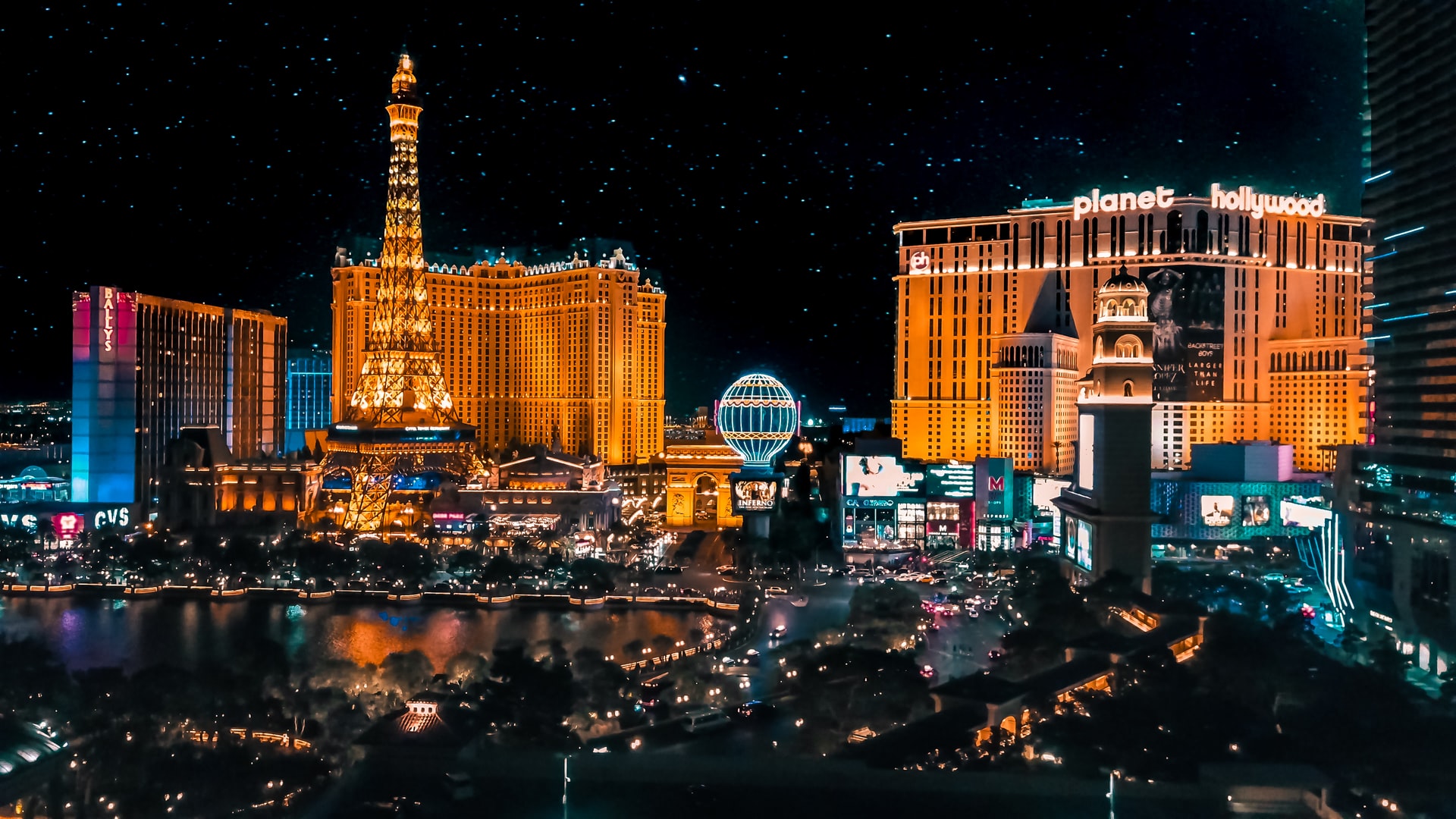It is difficult to estimate whether technology has had a generally good or bad influence on our lives; there are both good and bad sides to it, and there are a lot of people that will support both of them. On the one hand, we have never been more physically inactive than we are now, but on the other, we have access to the technology, knowledge, and resources that are unparalleled to any period in human history, and we do not even have to leave our homes to obtain it. Not to mention the endless forms of entertainment that are available to us today – TV shows, YouTube, online casinos that offer promotions such as Virgin Games Promo Code, etc. One great innovation that came to be with the rise of technology is social networks and social media, which have, naturally, shaped our view of the world and how we connect with other people. But what has social media done when it comes to the way that social movements are organized? How has social media revolutionized social movements?
One great innovation that came to be with the rise of technology is social networks and social media, which have, naturally, shaped our view of the world and how we connect with other people. But what has social media done when it comes to the way that social movements are organized? How has social media revolutionized social movements?
Social movements

There has been no great improvement in society without social movements of one sort or the other.
One social movement started a world war, another started the end of institutional racism in the US, and many of them are working right now – influencing political parties, legislation, politicians.
In order for a social movement to work properly, there must be a clear way of communication, so that the ideas could be evenly distributed among the members of the movement, and so that actions and rallies can be coordinated. None of that, however, could be done without a clear flow of information.
Information flow
Before traditional media such as television or radio emerged, group discussions were the main way for social movements to discuss their ideas and actions, which utilized a more engaging method of communication among peers. The invention of the radio and television allowed for a greater number of people to be reached, but it utilized a unified flow of information, which excluded practically any possibility for a discussion and an exchange of ideas. However, social media overturned this, by using the Internet’s advantage and the ability to reach billions of users, and implementing a more node-based system of interpersonal communication, which allows for a discussion to be made, and for people to be able to express their ideas, especially in the form of dialogue, which is vital for a social movement to possess.

What are some of the ways that social media changed social activism?
First of all, the reach that social media has today has far surpassed the reach of traditional media, which, in turn, has enabled social movements to be able to spread their ideas much farther than they would have been able to do in the past. Thus, their ability to mobilize followers has greatly increased, and networks such as Twitter and Facebook have enabled movements to spread their message and overcome the bias imposed by traditional media. It has become quite normal, therefore, for social movements to gain popularity even outside of the country, and even on different continents, which would have been very difficult a few decades back.
Are there any dangers for social activism in the digital age?
One of the greater issues that social media have brought about for social activism is that they have greatly pacified the activists. Activism on social networks, a very widespread occurrence, has made many of the activists inert, by having them feel like they are doing enough online, without engagement in the real world, which greatly hinders the ability to make something truly revolutionary.
However, if we are able to overcome this, the future would be looking very good for activists everywhere!












